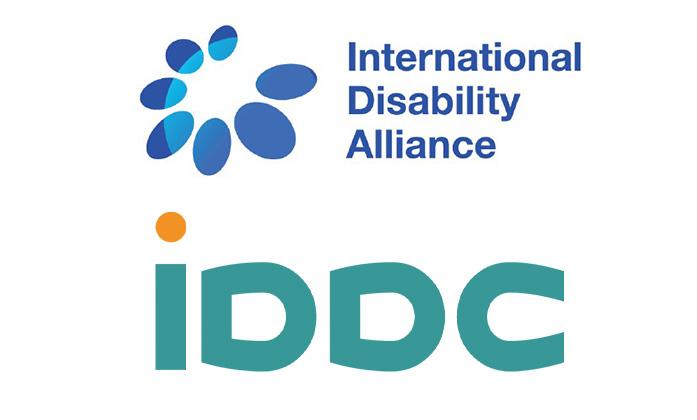
IDA – IDDC Statement on the situation of persons with disabilities in Israel and the occupied Palestinian territory
“We are deeply saddened and concerned by the tragic and shocking events we are witnessing in Israel and occupied Palestinian territory, and the impact this is having on persons with disabilities, including children. When hostilities start, people with disabilities are among the first to lose their lives and to be left behind in accountability processes and documentation of international humanitarian law and human rights law violations” said Yannis Vardakastanis, Chair of the International Disability Alliance.
Limited information is available regarding how people with disabilities are impacted by the recent hostilities. However, as documented during past wars and elaborated on by the United Nations Special Rapporteur, persons with disabilities and their families are disproportionately impacted during armed conflicts. In the current situation, they are at greater risk of serious health consequences and even death, due to indiscriminate attacks against populated areas that endanger civilians, unreasonably short evacuation warnings where safe options are very limited and extensively inaccessible, and a denial of access to life-sustaining goods and services such as electricity, water, and food. In addition, we must underline that taking civilians as hostages, cutting, or restricting access to water, food, fuel, and medicine to an entire population, indiscriminate bombing, and attacks on hospitals and medical personnel might be constitutive of war crimes. We call on Israel to open access for unrestricted and disability-inclusive humanitarian assistance to address the basic needs of the people of Gaza. We call for the immediate and unconditional release of all hostages and individuals arbitrarily detained, particularly persons with disabilities.
We stress that an immediate ceasefire, including cessation of all hostilities by all parties, is the most effective and immediate way to protect and ensure the safety of all civilians including those with disabilities.
We call on all parties to fully respect their obligations under International Humanitarian Law and human rights law, including the United Nations Convention on the Rights of Persons with Disabilities, – in particular Article 11 of that treaty, as well as the United Nations Security Council Resolution 2475 on persons with disabilities during armed conflict. Nothing justifies targeting civilians and denial of their very basic human needs and rights. We specifically call for:
- Adequate and accessible warning messages and ongoing communications, and safe and accessible evacuation routes
- Recognition of additional barriers faced by persons with disabilities, particularly women and girls with disabilities, and children and older persons with disabilities, and giving such barriers due consideration in military planning and humanitarian relief
- Taking all appropriate measures to ensure full access to all basic needs – including water, shelter, and healthcare – for persons with disabilities on an equal basis with others, as well as provision of specific requirements such as assistive devices and personal care
- Consultation with persons with disabilities and their representative organizations, including informal organizations or self-help groups, where these exist
- Requirements of persons with disabilities to be at the core of humanitarian assistance as detailed in international standards including the United Nations Inter-Agency Standing Committee’s Guidelines on Inclusion of Persons with Disabilities in Humanitarian Action.
The statement is available in Word format here.
The statement is available in PDF format here.
